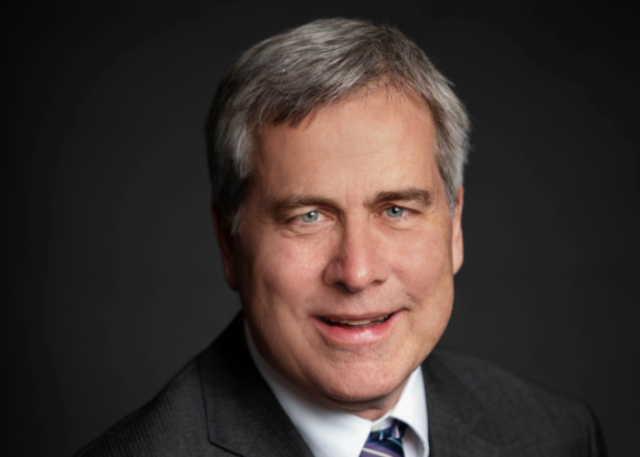Recent changes to the province’s policy governing land-use planning will affect how the City of Barrie prepares to build for the inevitable population boom.
The policy, entitled A Place to Grow: The Growth Plan for the Greater Golden, was recently amended and went into effect Aug. 28. The amendment means that municipalities will have to change their forecast plans from 2041 to 2051, adding 10 years of projections on population and job numbers.
Michelle Banfield, the city's director of development services, told BarrieToday that the change will impact Barrie because staff have been moving forward with the 2041 forecast numbers as the basis for the new Official Plan.
“The Growth Plan amendment’s biggest impacts on Barrie include the 2051 forecasts of 298,000 people and 150,000 jobs, up from the 2041 forecasts of 253,000 people and 129,000 jobs,” Banfield said. “These forecasts are minimums.”
Banfield continued by saying that “city staff are reviewing the amendment as it relates to the additional population and jobs forecasts allocated to Barrie into 2051.”
The province also amended the 'land needs' methodology to determine how to plan for those population and job forecasts.
Banfield says the new methodology is intended to be less prescriptive than the previous version and is intended for municipalities to respond to market-demand housing supply while still conforming to the Growth Plan, as the density and intensification targets are unchanged.
“For Barrie, this means that 50 per cent of all growth is to be accommodated in the built boundary and 50 per cent of all growth to be accommodated in the designated greenfield areas," she said.
The city’s designated greenfield areas are the annexed land in Barrie’s south end, known as the Salem and Hewitt’s secondary plan areas.
Deputy Mayor Barry Ward says he worries about the new growth targets being minimums and fears Barrie could see a return to a “wild-west scenario” for development.
“We're already witnessing this in the immediate Barrie area where developments are proposed just outside our boundaries where development is not contemplated in the county's growth plan,” Ward told BarrieToday. “Making matters worse, the new growth is not even being subjected to the municipal comprehensive review to see if it meets all criteria; developers, and some municipalities, are seeking minister's zoning orders to bypass the requirements meant to, among other things, protect the public's interest.”
Looking at the positives, Ward says he was happy to see the provincial government sticking with the need for intensification, especially in areas of transit, one of the main principles of the original Growth Plan.
“I think the new population figures also serve as a wake-up call to anyone in Barrie who doesn't think the city should grow," he added. "The amendment says Barrie will have 298,000 people by 2051 and a lot of them will be in a more dense form of development, although as a staff memo makes clear, the new land-needs assessment methodology means more of these people will have to be put in the current built-up area rather than the 'annexed lands' of the south end.”
Another push is for municipalities to grow up instead of out.
Ward, who has been on city council since 2000 and is in his sixth term, says he hasn’t received a lot of feedback from people concerned about plans for tall buildings, with numerous tower proposals coming in to city hall in recent years for areas in and around the downtown.
In fact, it's been quite the opposite.
“To be honest, I get more people commenting about the lack of construction cranes in the skies, considering the huge number of projects currently approved,” Ward said. "In general, I think tall buildings in the coming years will be a reality and I think that's good for the city, good for our downtown where many of them will be, good for the environment, good for our transit system and good for taxpayers.
"Almost all of the intensification will be in the city centre and on specific corridors," he added. "Massive highrises are not going to appear in most people's neighbourhoods.”

